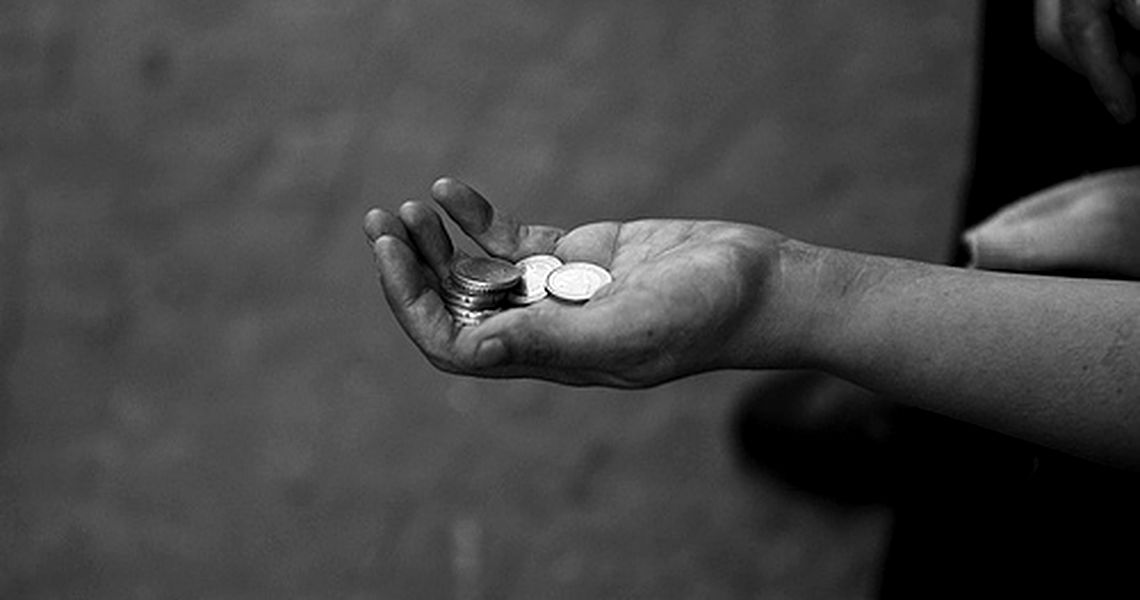The World Bank’s report on Nigeria entitled ‘Resilience Through Reform,’ released in June, struck a chord among Nigerians with its conclusion that spiral inflation, as never seen in four years, has pushed seven million Nigerians deep into poverty pit in recent times. The report contradicted President Muhammadu Buhari’s chest-beating claim during this year’s anniversary of June 12 Democracy Day that his administration had elevated 10 million Nigerians from poverty.
For over a decade now the alarming rate of poverty has been authenticated by research and statistical reports, including those by the National Bureau of Statistics, which says as of 2019, over 40 per cent of the total population lived below the poverty line. Now that the Naira has been devalued to about N500/$1, this percentage may no longer be tenable. In 2020, Nigeria was adjudged the poverty capital of the world, according to World Poverty Clock, as its over 90 million poor exceeded the poverty prevalence in India.
- The booming business of event management
- How 31-year-old is building N2.5bn Kaduna’s largest rice mill
According to the global bank’s 86-page report, inflation and insecurity are two major causes of increasing poverty in Nigeria. It says, “Driven by a steep increase in food prices, since September 2019 headline inflation has risen dramatically. Although inflation declined slightly in April 2021, it is still the highest in four years. In contrast to previous inflationary episodes in Nigeria, the current trend arises from multiple demand and supply shocks, compounded by policy distortions and the exigencies of the pandemic. On the supply side, a combination of unfavourable weather, insecurity and conflict, and pandemic-related shocks affecting food production and market access are pushing food prices up.” The bank added that: “Food insecurity is more widespread than it was before the COVID-19 crisis, and in November 2020 about 56 per cent of households reported that adults had skipped meals in the previous 30 days.”
There are several other factors responsible for poverty in Nigeria. First, is corruption, considered to be the single greatest obstacle to prosperity in the country. Public officials engage in corruption with such impunity. The head of the Economic and Financial Crimes Commission (EFCC), Abdulrasheed Bawa, raised the alarm recently that he faced death threats from prominent Nigerians. Unfortunately, public officials engaged in corrupt practices are in bed with the government. Funds meant to build infrastructure to boost the economy, tackle unemployment, and reduce poverty are brazenly stolen by public officials through unexecuted government contracts, outright thievery, and sundry pretexts.
Also, the unending war against Boko Haram is another avenue through which resources needed to stimulate the economy is drained. Since 2008, the government has continued to sink over one trillion Naira budgetary allocation into the security sector, and much more extrabudgetary expenditure, in the name of security vote, into the sector. A report on military expenditure says, “part of government’s response to combat Boko Haram challenge is increasing the defence budget from N100 billion in 2010 to N927 billion in 2011 and N1 trillion in 2012, 2013 and 2014 relative to expenditure allocated to other sectors of the economy.” If part of these huge sums were invested in agriculture, power, industries, education, and other sectors, it would have empowered more Nigerians to pull out of poverty. Government must give the military a target to end the war against Boko Haram, bandits and secessionists. Unless the war is prosecuted successfully and quickly, the government’s efforts to reflate the economy and reduce poverty will be in vain.
The World Bank recommended three measures to tackle rising poverty. The measures include “reduce inflation by adopting policies to support macroeconomic stability, inclusive growth, and job creation; protect poor households from the impacts of inflation, and facilitate access to sustainable financing for small and medium enterprises in key sectors to mitigate the effects of inflation and accelerate the recovery.” Ironically, the devaluation of the Naira and removal of subsidy on petroleum, two monetary policy measures recommended by the World Bank, contribute to inflation and, by implication, poverty in Nigeria. We call on all tiers of government to come up with independent fiscal, trade, and monetary policies that would facilitate local production, instead of our endless dependence on import. Local production would create access to employment and elevate the many from poverty.

 Join Daily Trust WhatsApp Community For Quick Access To News and Happenings Around You.
Join Daily Trust WhatsApp Community For Quick Access To News and Happenings Around You.


